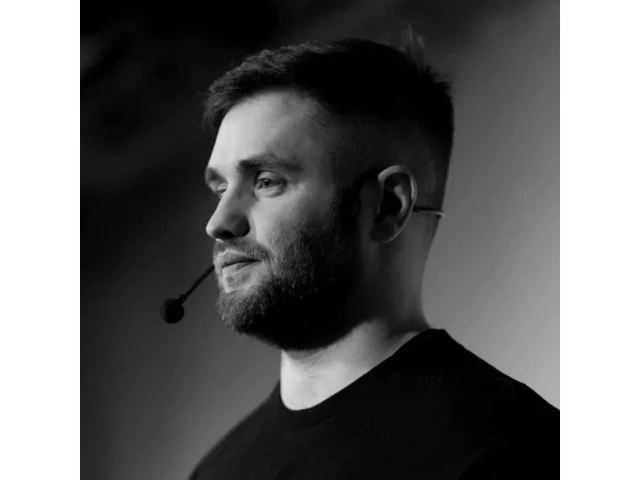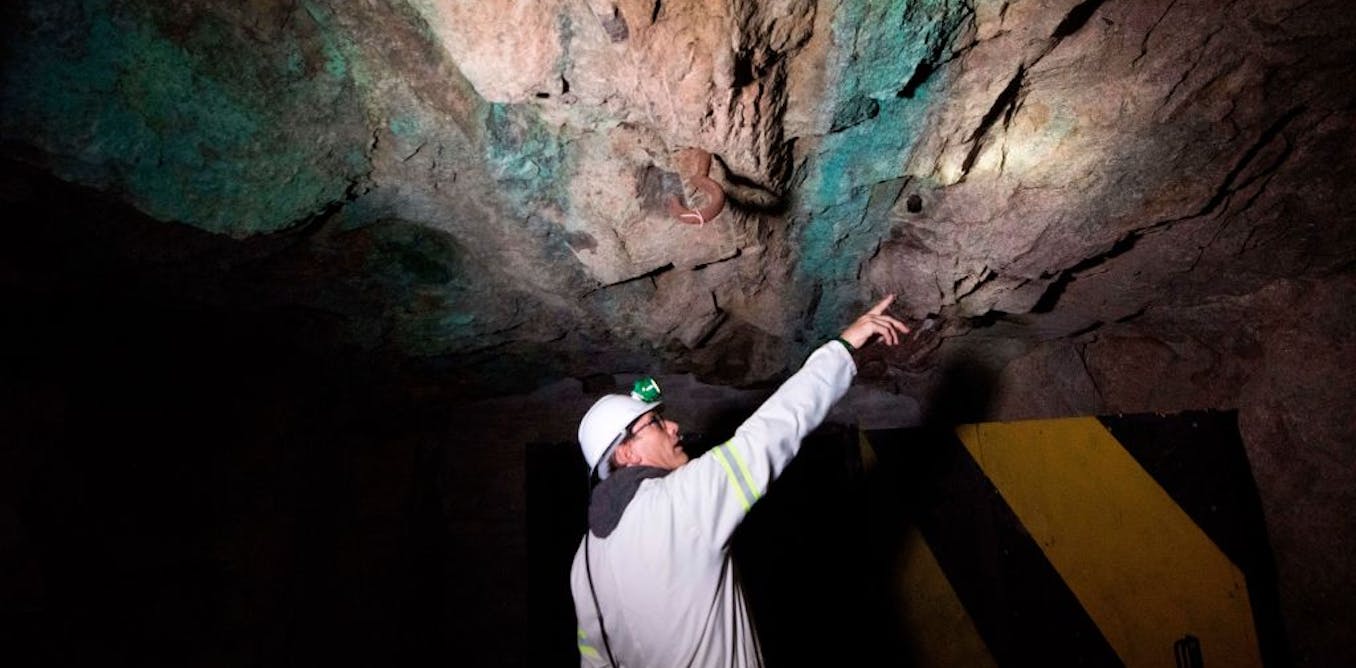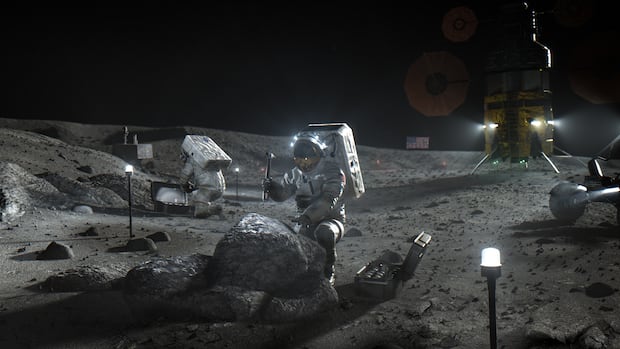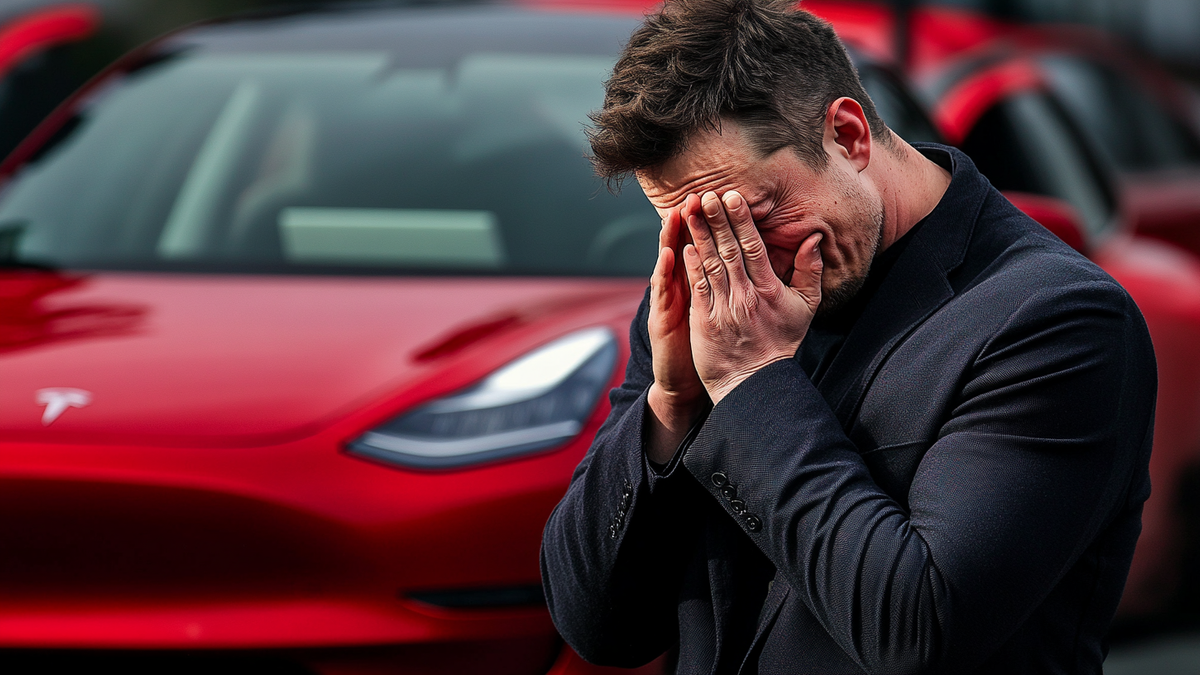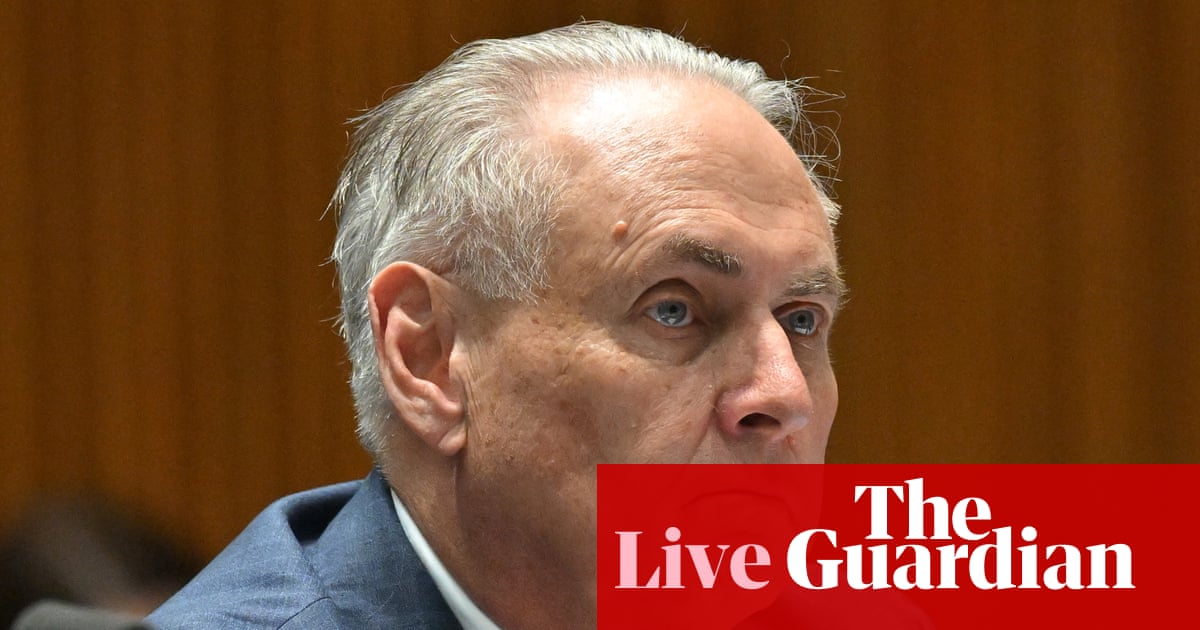Elon Musk Backs Federal Troops for San Francisco Amid Fentanyl Crisis - Is It Time for a Change?

Imagine a city where residents feel so overwhelmed by drug-related chaos that they are calling for federal intervention. That’s the reality in San Francisco, where Elon Musk has sided with Salesforce CEO Marc Benioff in advocating for troops to restore order.
This bold declaration came from Musk on X, where he declared, “It’s the only solution at this point. Nothing else has or will work.” His words echo a deep-rooted frustration among locals facing a staggering fentanyl crisis.
The urgency of this situation is illustrated by alarming statistics. Since 2020, over 4,300 overdose deaths have been recorded in the city, with 90 kilograms of fentanyl seized just in the past year. This epidemic has pushed many residents to call for drastic measures, including the deportation of undocumented fentanyl traffickers. T. Wolf, a former homeless resident and recovery advocate, highlighted a survey revealing that 61% of voters support intervention. When factoring in those who “somewhat agree,” the number jumps to a staggering 83%.
The Voice of San Francisco described this overwhelming support as a “collective exasperation” towards local policies they believe have been too lenient. “Pretty much 80% of San Francisco wants federal intervention on deporting drug dealers,” Wolf lamented. It showcases a city at a breaking point, where compassion is battling against the will to regain control.
Adding fuel to the fire, Musk reignited an old feud with Benioff regarding Proposition C, a 2018 tax initiative aimed at funding homelessness services. Musk criticized the measure, which Benioff heavily supported, as detrimental to the city’s economy. Their disagreements have long been public, but Musk's newfound support for Benioff’s call for federal troops signals an unexpected alliance amidst their historical clashes.
Benioff recently stirred controversy by urging Trump to deploy the National Guard to San Francisco, claiming, “We don’t have enough cops.” His comments received swift backlash from city leaders and Democrats, who accused him of promoting “government-sponsored violence.” San Francisco District Attorney Brooke Jenkins emphasized that such measures were not what the city needed.
In defense of San Francisco, Mayor Daniel Lurie pointed to a nearly 30% drop in crime citywide, arguing against the notion of a city in crisis. Despite these statistics, the fentanyl epidemic remains an ongoing battle, raising questions about public safety and the effectiveness of local leadership.
As the Dreamforce convention approaches, Benioff appeared to soften his stance, expressing excitement for the event and acknowledging the efforts of local leaders to combat crime. Yet his recent pivot towards aligning with conservative figures, including Trump, suggests a new, pragmatic approach for tech leaders traditionally seen as liberal.
The tension between those demanding tougher enforcement and those wary of federal intervention reveals a deeper cultural divide in San Francisco. For Musk, this endorsement of federal troops signifies a shift toward conservative activism, alongside other recent controversial stances. And as the clock ticks on potential federal deployments, the question lingers: will San Francisco see the change its residents desperately seek?














